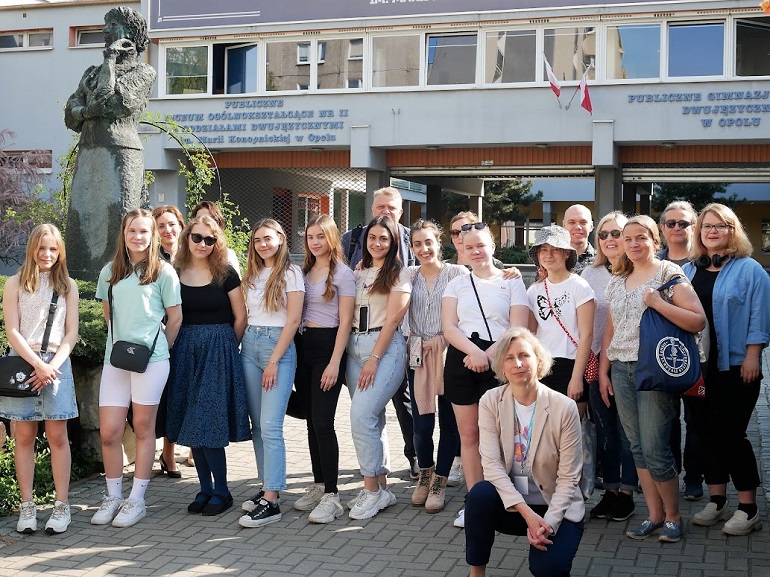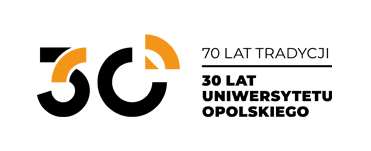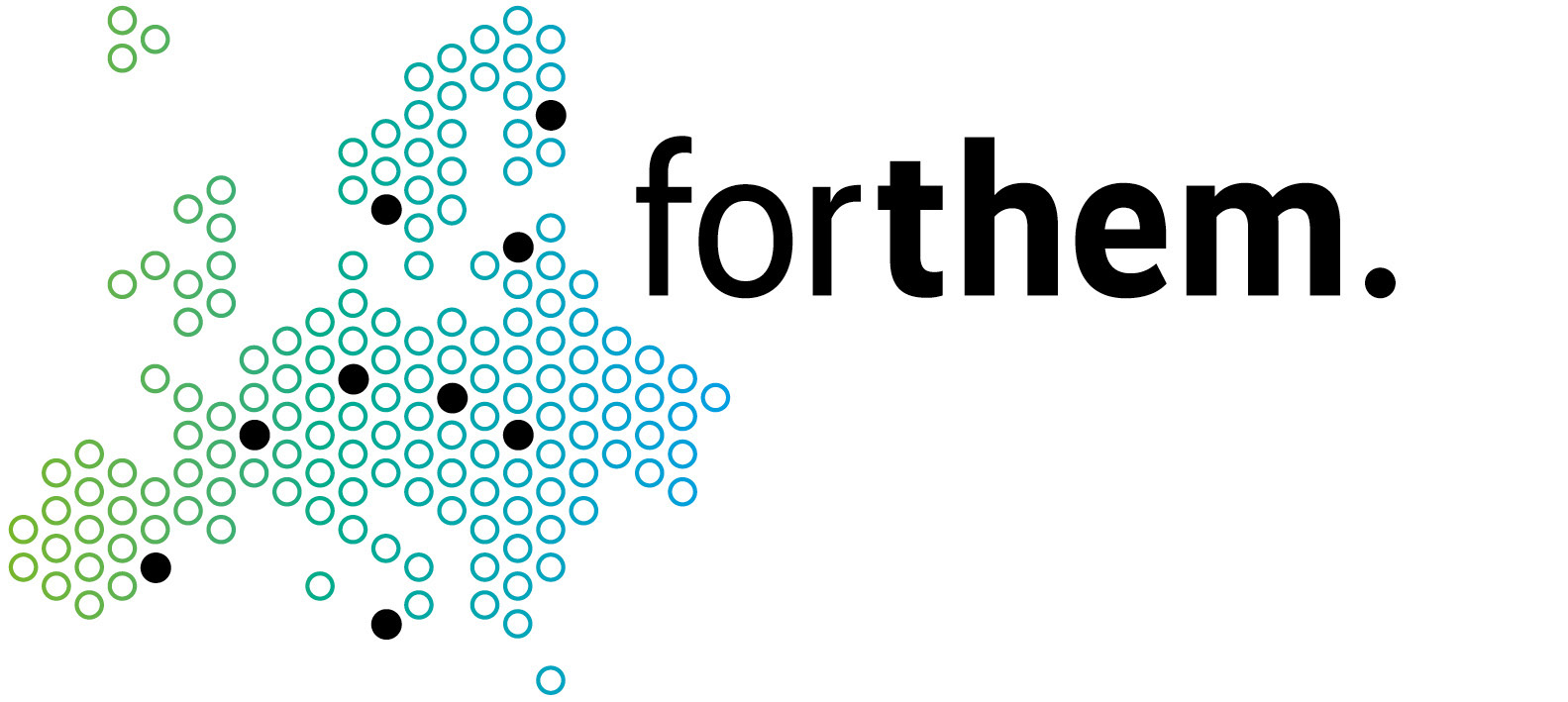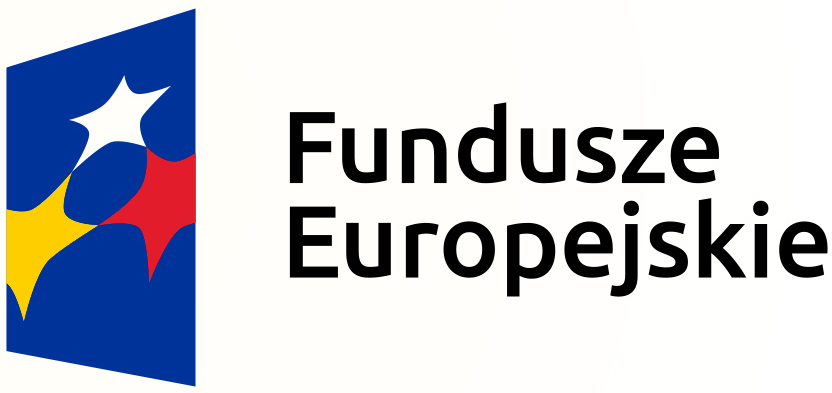Civic science in the FORTHEM Alliance

Since 2019, researchers and students from the University of Opole, the University of Jyvaskyla and the University of Valencia, have been collaborating in the activities of the FORTHEM Multilingualism Lab on creating a model of citizen science and piloting it in schools.
Citizen science is an innovative approach to conducting scientific research that aims at engaging citizens in scientific activities, which on the one hand contributes to expanding the possibilities of knowledge production and on the other hand to increasing trust in scientific research. The FORTHEM project uses a radical approach that involves citizens (students) in all stages of the research process. Introducing such actions in school has a considerable educational value, as it allows students to get acquainted with scientific ways of producing knowledge at an early stage.
On 10-12 May 2022, the University of Opole hosted representatives of the University of Jyvaskyla and the University of Valencia, who are involved in the development of the citizen science model in schools. In addition to academics and students, the delegation included two teachers and four students from the Mankola School, which is involved in piloting citizen science as a partner school of the University of Jyvaskyla. The busy schedule included visits to Opole schools and museums, a discussion session within the Central European International Week and a meeting with Dr Elżbieta Szymańska-Czaplak, Dean of the Faculty of Philology at the UO.
The first two days of the visit were spent in Opole schools. On Tuesday, it was the TAK Primary School, which cooperates with the Faculty of Philology at the University of Opole. This visit was particularly interesting for the Finns, as the TAK is a non-public school, while in Finland there are only public schools. On Wednesday, the delegation went to the Secondary School No. 2 in Opole. It is one of the six schools in Opole where UO students are currently running citizen science workshops. The meeting was an opportunity to exchange experiences on the practice of conducting citizen science workshops at schools in Poland, Finland and Spain. Katarzyna Preuhs, a doctoral student and Marta Wacławczyk, a UO student, together with pupils presented the projects on mental health of young people they are currently working on together, and the students of the Mankola school presented the results of their research on the Swedish language learning in Finnish schools and equal treatment at school.
Students from the University of Valencia presented a slightly different approach to civic science, talking about civic literary research. The exchange of experiences showed that despite the long-lasting cooperation, it is still possible to learn from each other, and the developed model of citizen science in schools can be adapted to many inspiring or unexpected topics.
The third day of the visit was of a scientific nature. The guests took part in the events of the Central European International Week. Prof. Katarzyna Molek-Kozakowska introduced the participants to the FORTHEM project. In the two subsequent discussion sessions, the project's results to date in individual countries and further development plans were presented.
Prof. Petteri Laihonen (head of the Finnish delegation) and Dr. Kristiina Skinnari spoke about the idea of civic science in schools and the benefits of participating in such projects for students in teacher training. Marjut Hiltunen and Hannele Vestola, teachers from the Mankola School, presented the project from the perspective of a school engaged in the project and the new skills it gives to students. Karla Sivonen, a student from the University of Jyvaskyla, talked about her own work experience on the project, and Dr Xavier Minguez (head of the University of Valencia delegation) talked about overcoming institutional difficulties and the ultimate benefits the project has given to the researchers and students involved.
The second session focused on the work of the Opole team. Marcin Deutschmann and Katarzyna Preuhs presented the results and reflections on the pilot study conducted last year in cooperation with the Secondary School No. 1 in Kędzierzyn-Koźle, and Prof. Katarzyna Molek-Kozakowska spoke about the cooperation with the Department of Education of the City of Opole, thanks to which citizen science workshops are now being organised in six secondary schools in Opole. More details about workshops were provided by this year's participants, i.e. Natalia Herberg, Agnieszka Kalemba, Wiktor Cieleban and Diana Czieczierow (English Philology - Teacher Training Programme), who presented what they had managed to achieve with secondary school students so far. In the last speech of the day, Dr Iwona Sobieraj presented assumptions and possibilities of evaluation of citizen science projects in schools. The day ended with a lively discussion on how to improve the methods used and how to motivate pupils, students and school decision-makers to participate in such projects.
The delegates also visited the Museum of the University of Opole, Tenement House which is a part of the Opole Silesia Museum, the Museum of Polish Song, Bolko Island and Opole Zoo. In addition to the unquestionable content-related value of the visit, it should also be noted that it was a great opportunity to strengthen cooperation, as well as to make new friends not only for the academic staff, but above all for the students, who are already planning further visits to Opole, Jyvaskyla and Valencia as part of a jointly initiated project.
The visit, which took place within the Multilingualism Laboratory of FORTHEM Alliance, was planned and prepared by Prof. Katarzyna Molek-Kozakowska.
Text and photos: Prof. Katarzyna Molek-Kozakowska and Marcin Deutschmann, MA



